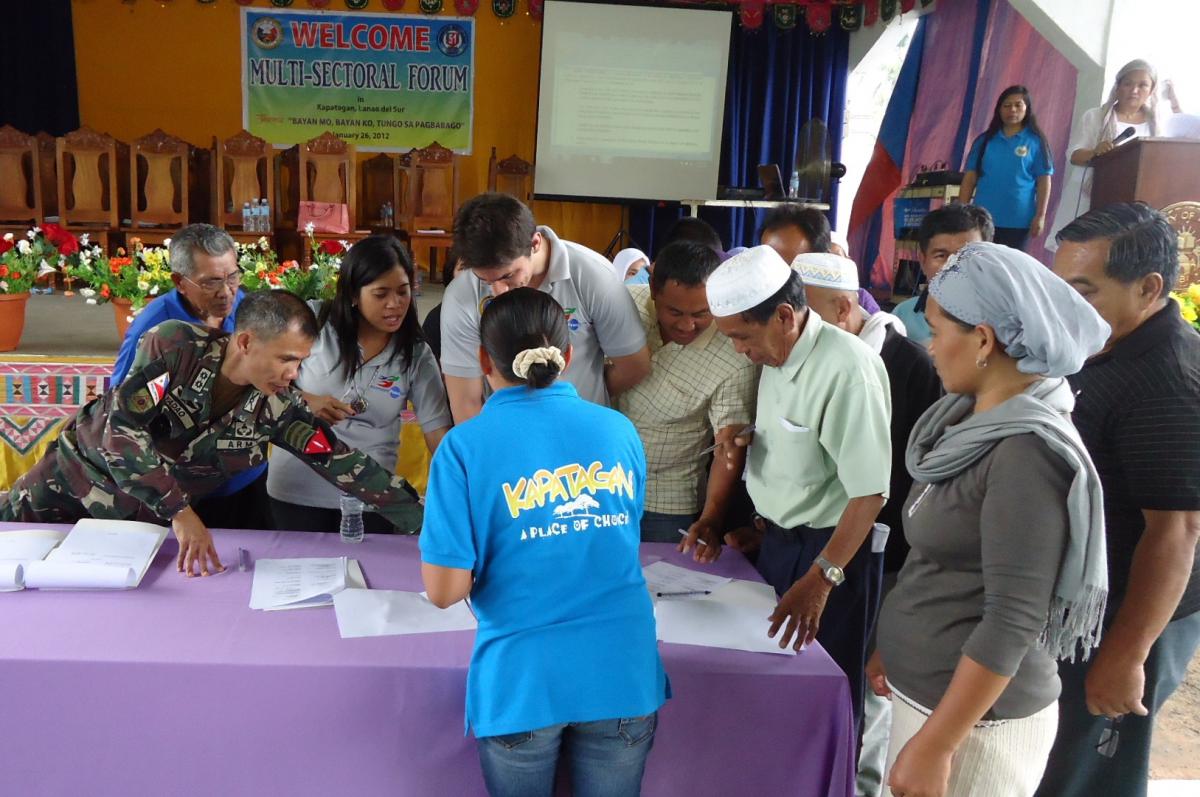Peacekeeper: Rocelyn Labalan

By now, I have been working for NP Philippines for more than four years, first as a Senior Field Translator and now as a National Civilian Peacekeeper.
Being the only non-Muslim field staff working in Lanao where Muslim communities are prevalent, I have met a lot of challenges and learned many lessons, as well as opportunities for growth.
First, I thought I was already acquainted with Maranao culture after studying at the Mindanao State University, but I realized that there was a need for me understand and internalize their culture and values. I also realized that integration into the community did not only mean giving lectures and eating with the community or learning their language but it was actually more about listening to and understanding their views, experiences, feelings, fears, and aspirations.

Another challenge that our work poses is that while we would like to assist communities, NP has limitations in its mandate. It is particularly challenging to effectively link communities to those agencies able to respond to their material needs.
Maintaining neutrality and trying not to become overly emotionally involved in the difficulties faced by the communities has been another one of the things I have had to face as a civilian peacekeeper.
Developing good relations with our partner organizations is very important. That is not always easy because many partners still do not fully understand the mandate of NP and their expectations are often beyond the capacities and limitations of the organization.
Acceptance is another issue of prime importance. I have come to realize that respect is key to acceptance, protection and trust by the community, armed actors and other stakeholders. Showing respect to everyone I meet and work with is very important, because they, too, have bright ideas that can help our efforts to protect conflict-affected civilians.
Despite of all the challenges, I have also had opportunities for growth. Visiting local communities, even in the remotest places, have brought my heart closer to people. Another one has been the chance to interact with high-ranking officials both in the PNP and AFP. Also, the chance to meet the MILF and to be invited to visit their camps has been a rare opportunity for me as a non-Muslim.
Though I travel the road less travelled as a peacekeeper, this vocation has shown me what it is to be accepted by people from different walks of life in the communities and places I have been to.
